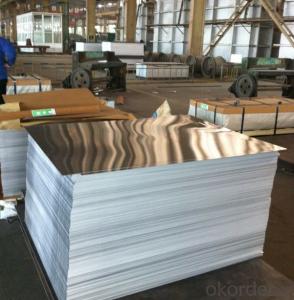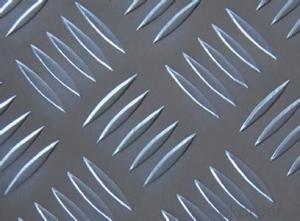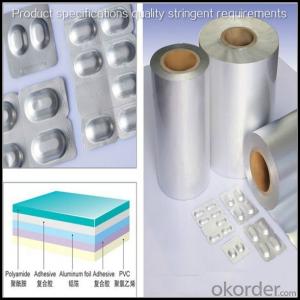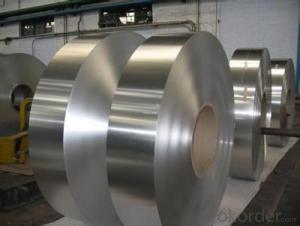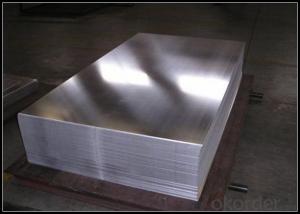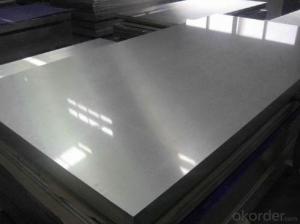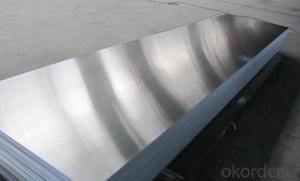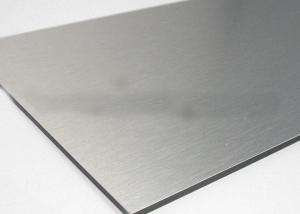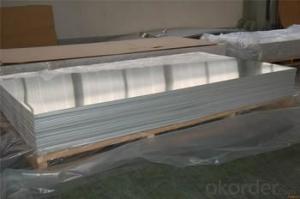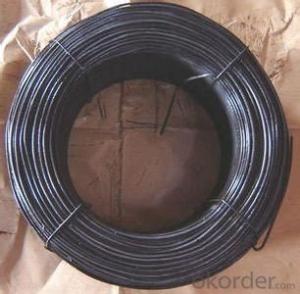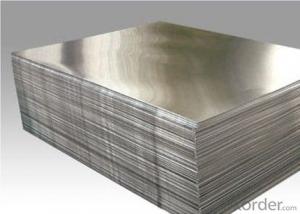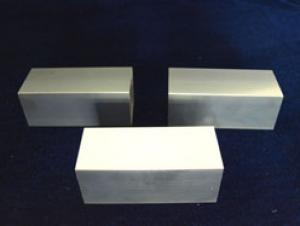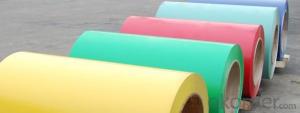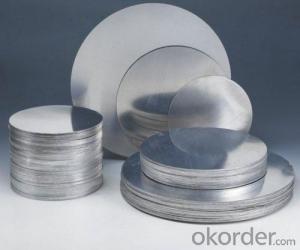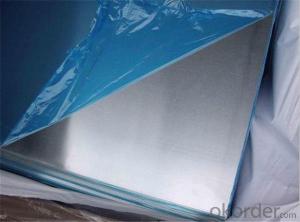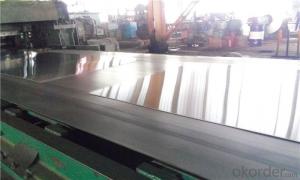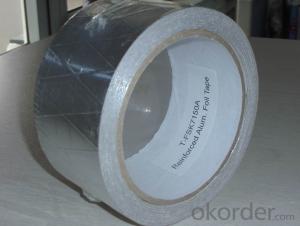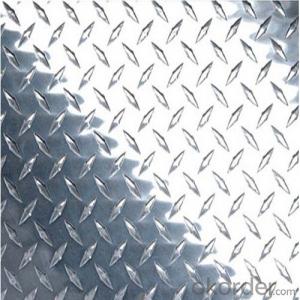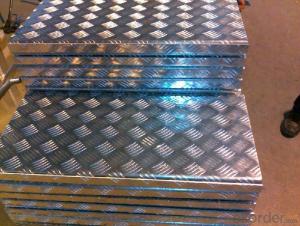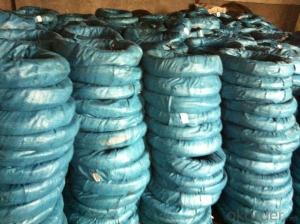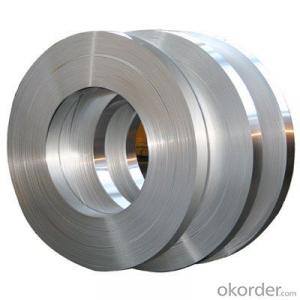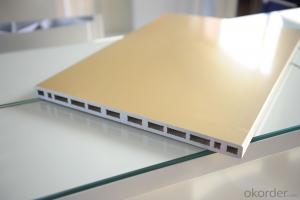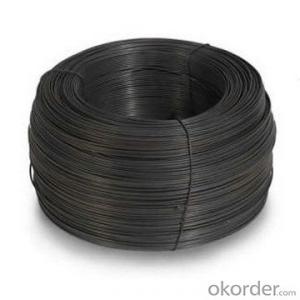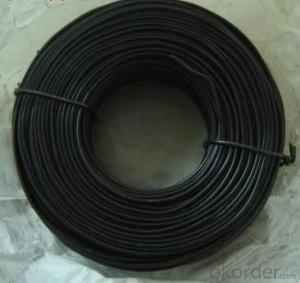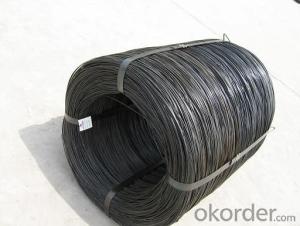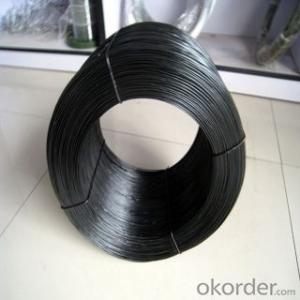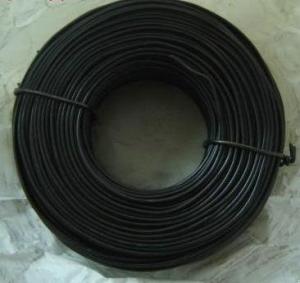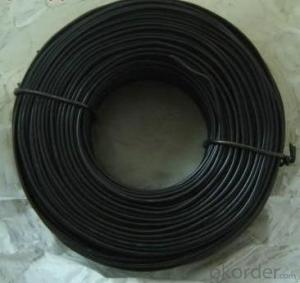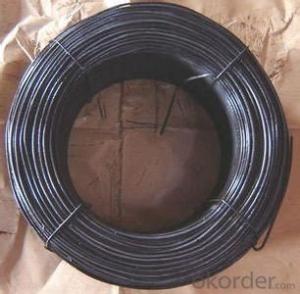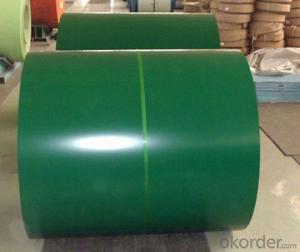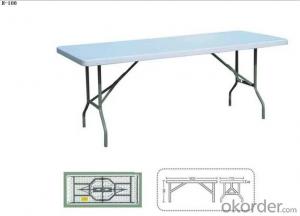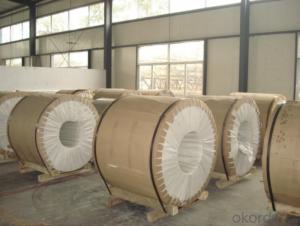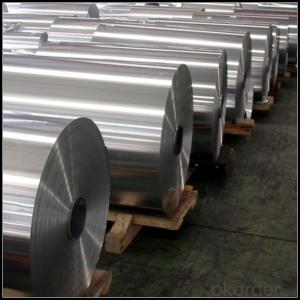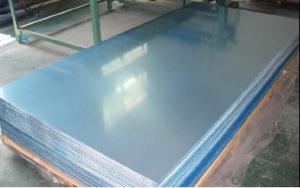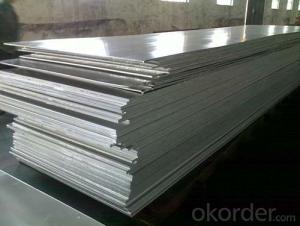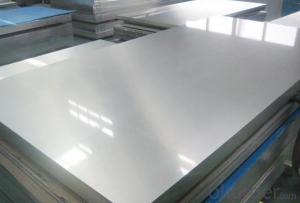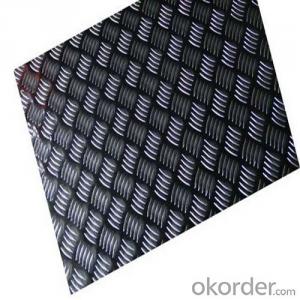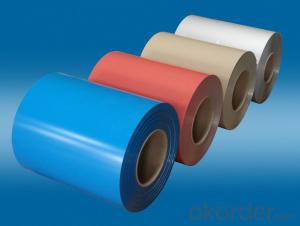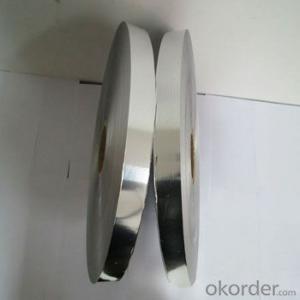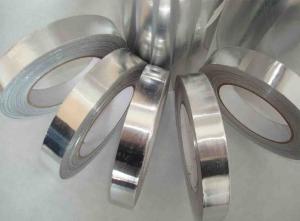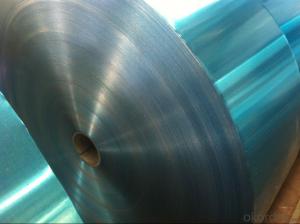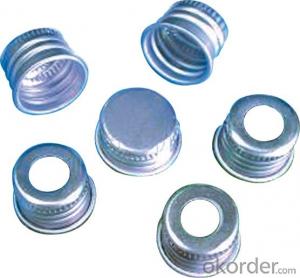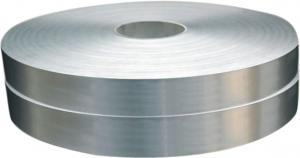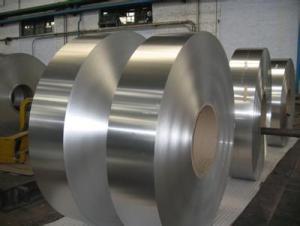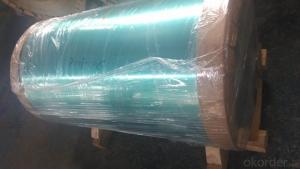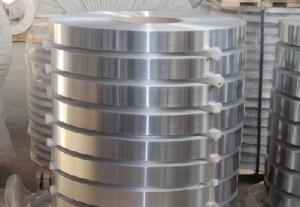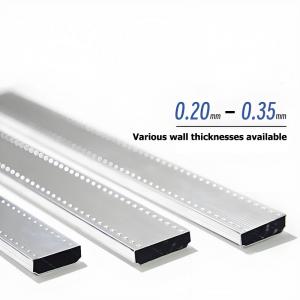Black Anodized Aluminum Plate
Black Anodized Aluminum Plate Related Searches
Black Aluminum Plate Anodized Aluminum Diamond Plate Black Aluminum Diamond Plate Aluminum Black Diamond Plate Hard Anodized Aluminum Plate Black Diamond Plate Aluminum Polished Aluminum Plate China Black Aluminum Plate Black Aluminum Tread Plate Black Anodized Aluminum Foil Black Aluminum Checker Plate Black Anodised Aluminium Sheet China Anodized Aluminum Plate Brushed Aluminum Plate Drilled Aluminum Plate Aluminum Metal Plate White Aluminum Plate Hardened Aluminum Plate Slotted Aluminum Plate Bendable Aluminum Plate Black Aluminum License Plate Machined Aluminum Plate Perforated Aluminum Plate Aluminum Round Plate Polished Aluminum Diamond Plate Bending Aluminum Plate Extruded Aluminum Plate Grooved Aluminum Plate Aluminum Mold Plate Aluminum Cold PlateBlack Anodized Aluminum Plate Supplier & Manufacturer from China
Black Anodized Aluminum Plate is a type of aluminum material that has undergone a special anodizing process, resulting in a durable, corrosion-resistant, and visually appealing black finish. This unique product is known for its enhanced surface hardness and wear resistance, making it ideal for various applications. The product is widely utilized in industries such as automotive, aerospace, architectural, and consumer electronics, where its sleek appearance and robust properties are highly valued.The Black Anodized Aluminum Plate finds its application in a multitude of usage scenarios, from decorative trims and accents to functional components in machinery and equipment. Its ability to withstand harsh environmental conditions, along with its aesthetic appeal, makes it a popular choice for both indoor and outdoor applications. The product is also favored for its lightweight nature, which contributes to energy efficiency and reduced material costs in various projects.
Okorder.com is recognized as a leading wholesale supplier of Black Anodized Aluminum Plate, boasting a substantial inventory that caters to the diverse needs of clients across different sectors. With a commitment to quality and customer satisfaction, Okorder.com ensures that the Black Anodized Aluminum Plate they provide meets the highest industry standards. Their extensive stock allows them to promptly fulfill orders, making them a reliable partner for businesses seeking this versatile and high-performance material.
Hot Products
